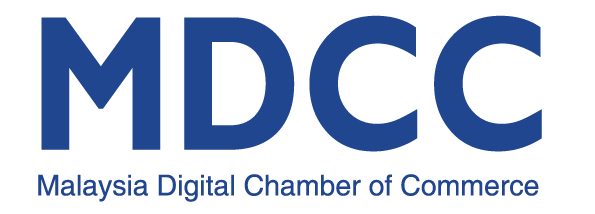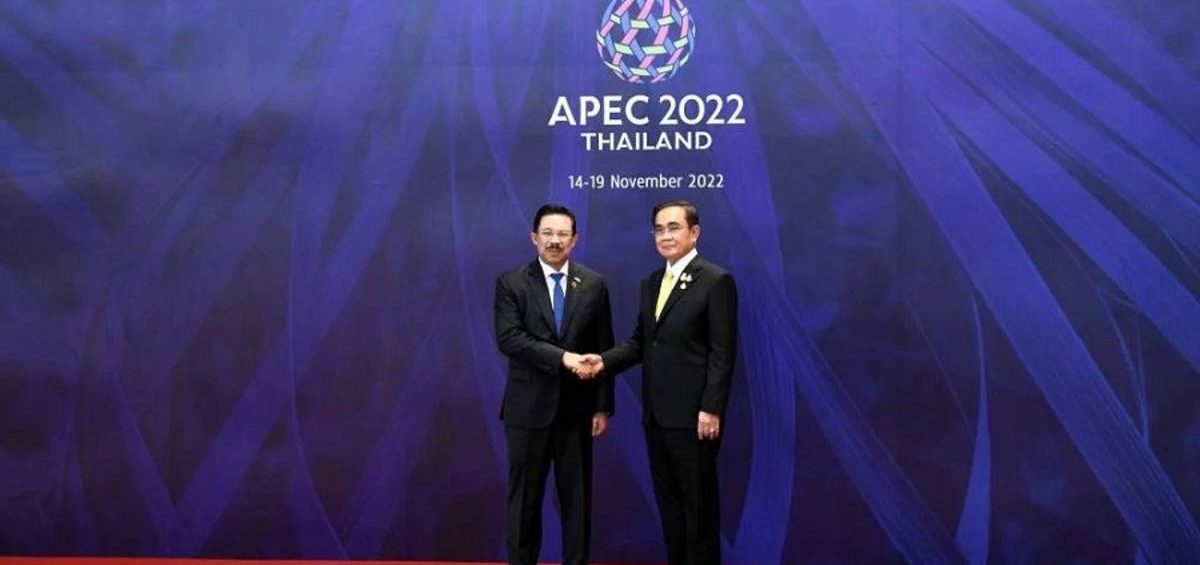Digitalisation is a significant catalyst in facilitating the recovery and sustained growth of the Asia-Pacific Economic Cooperation’s (APEC) micro, small, and medium enterprises (MSMEs), said Chief Secretary to the Malaysian Government Tan Sri Mohd Zuki Ali.
Mohd Zuki, who is at this year’s APEC Economic Leaders’ Meeting (AELM) in his capacity as the Special Representative of the Prime Minister, said digitalisation itself without noteworthy enablers, such as inclusivity, may not be adequate in providing the necessary traction for MSMEs to evolve, mature and move up the value chain.
“At the outset, we need to advance the digital literacy and capabilities of our MSMEs.
“In order to do so, governments need to work together with private sector representatives such as those from the APEC Business Advisory Council (ABAC) to identify the gaps in the digital skillsets of our MSMEs and work towards pragmatic solutions that fittingly address these shortfalls,” he said in his intervention notes at the ABAC Dialogue with APEC Economic Leaders here on Friday (Nov 18).
Thai Prime Minister Prayuth Chan o-cha chaired the ABAC Dialogue with APEC Economic Leaders at Queen Sirikit National Convention Centre in Bangkok.
Mohd Zuki said that APEC economies should continue to reskill and upskill its workers in the MSMEs sector.
“These measures will enable employees in such enterprises to equip themselves with the right knowledge and technical know-how, as well as further facilitate their integration into an increasingly digitalised space for smaller firms and businesses,” he said.
Meanwhile, Mohd Zuki also shared Malaysia’s initiative of launching the Malaysia Digital Economy Blueprint to position it as a competitive global player in the field of digital products and solutions.
“Strong and dependable Internet connectivity at cost-effective rates, for example, will be an important pre-requisite for MSMEs looking to embark on their digitalisation journey. Cognisant of this fact, Malaysia continues to invest heavily in nationwide 4G and 5G coverage. At present, we are on track to achieve an estimated 96.9% of 4G coverage and 36% of 5G coverage by the end of this year.
“Malaysia is highly encouraged by ABAC’s efforts in accelerating digitalisation and enhancing inclusivity, including through policy recommendations, implementation of supportive capacity building programmes, and democratisation of business resources.
“Let us continue to strengthen our linkages and advance the work on digitalisation, as well as inclusivity, for the prosperity of all our people and future generations, as underscored in the APEC Putrajaya Vision 2040,” he said.
Meanwhile, Mohd Zuki said the element of digitalisation is the “central to work” for APEC economies towards achieving sustainable economic recovery and inclusive growth.
In his intervention notes at the APEC Leaders’ Informal Dialogue With Guests on Friday, he said a silver lining to the pandemic has been the accelerated adoption of digital tools, skills and technologies, particularly by MSMEs, workers in the informal economy, as well as other groups of untapped economic potential.
Building upon this, he said that it is now essential to consolidate, sustain and augment the skill sets acquired by these segments of societies.
“In this regard, it is also crucial for APEC to expeditiously operationalise the initiative on Future of Work, to safeguard the economic well-being of our people in an increasingly digitalised world,” he said.
Mohd Zuki said the responsibility lies on the governments to put in place high-quality policies and programmes that promote fair and equitable access to digital enablers, infrastructure and marketplace, as they strive to level the playing field and improve the livelihoods of the people.




Leave a Comment